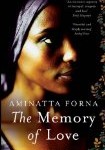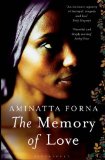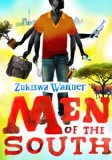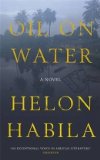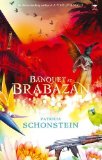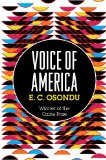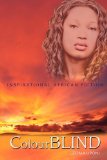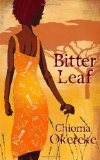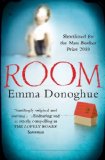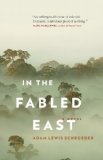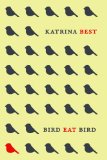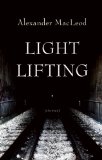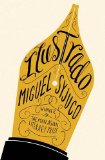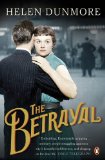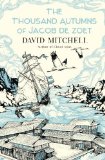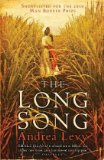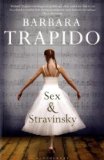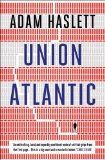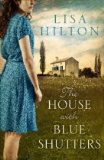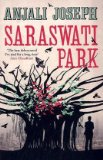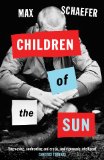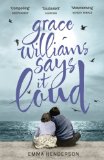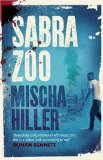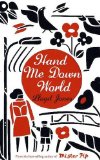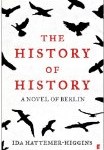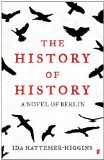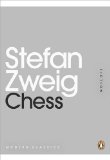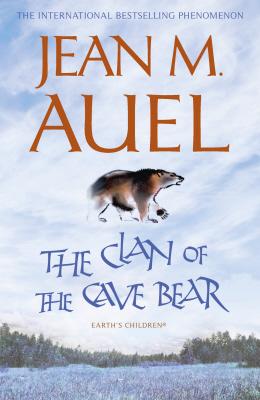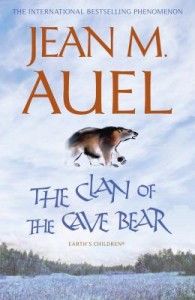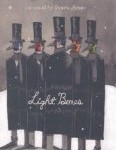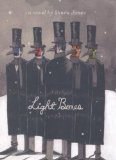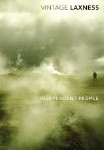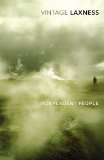I love the Commonwealth Writers’ Prize and so was excited to see the 2011 shortlists revealed earlier this week. The frustrating thing is that most of the books are not available in the UK yet, but hopefully this will change now that they’ve made the shortlist for this book award.
The 2011 Commonwealth Writers’ Prize shortlists are:
The books pictured are those available in the UK now (or in the very near future)
The shortlisted winners for the Africa Best Book are:
The Memory of Love by Aminatta Forna (Sierra Leone)
Men of the South by Zukiswa Wanner (South Africa)
The Unseen Leopard by Bridget Pitt (South Africa)
Oil on Water by Helon Habila (Nigeria)
Blood at Bay by Sue Rabie (South Africa)
Banquet at Brabazan by Patricia Schonstein (South Africa)
The shortlisted winners for the Africa Best First Book are:
Happiness is a Four Letter Word by Cynthia Jele (South Africa)
Bitter Leaf by Chioma Okereke (Nigeria)
The Fossil Artist by Graeme Friedman (South Africa)
Colour Blind by Uzoma Uponi (Nigeria)
Voice of America by E. C. Osondu (Nigeria)
Wall of Days by Alastair Bruce (South Africa)
The shortlisted writers for the Canada and Caribbean Best Book are:
The Sky is Falling by Caroline Adderson (Canada)
Room by Emma Donoghue (Canada)
The Master of Happy Endings by Jack Hodgins (Canada)
In The Fabled East by Adam Lewis Schroeder (Canada)
The Death of Donna Whalen by Michael Winter (Canada)
Mr. Shakespeare’s Bastard by Richard B. Wright (Canada)
The shortlisted writers for the Canada and Caribbean Best First Book are:
Bird Eat Bird by Katrina Best (Canada)
Doing Dangerously Well by Carole Enahoro (Canada)
Mennonites Don’t Dance by Darcie Friesen Hossack (Canada)
Light Lifting by Alexander MacLeod (Canada)
The Cake is for the Party by Sarah Selecky (Canada)
Illustrado by Miguel Syjuco (Canada)
The shortlisted winners for the South Asia and Europe Best Book are:
Lyrics Alley by Leila Aboulela (UK)
The Betrayal by Helen Dunmore (UK)
The Thousand Autumns of Jacob de Zoet by David Mitchell (UK)
The Long Song by Andrea Levy (UK)
Sex and Stravinsky by Barbara Trapido (UK)
Union Atlantic by Adam Haslett (UK)
The shortlisted winners for the South Asia and Europe Best First Book are:
Serious Men by Manu Joseph (India)
Saraswati Park by Anjali Joseph (India)
The House with the Blue Shutters by Lisa Hilton (UK)
Children of the Sun by Max Shaefer (UK)
Grace Williams says it Loud by Emma Henderson (UK)
Sabra Zoo by Mischa Hiller (UK)
The shortlisted winners for the South East Asia and Pacific Best Book are:
Reading Madame Bovary by Amanda Lohrey (Australia)
That Deadman Dance by Kim Scott (Australia)
Time’s Long Ruin by Stephen Orr (Australia)
Hand Me Down World by Lloyd Jones (New Zealand)
Notorious by Roberta Lowing (Australia)
Gifted by Patrick Evans (New Zealand)
The shortlisted winners for the South East Asia and Pacific Best First Book are:
21 Immortals by Rozlan Mohd Noor (Malaysia)
A Man Melting by Craig Cliff (New Zealand)
The Graphologist’s Apprentice by Whiti Hereaka (New Zealand)
The Body in the Clouds by Ashley Hay (Australia)
Traitor by Stephen Daisley (Australia/New Zealand)
A Few Right Thinking Men by Sulari Gentill (Australia)
I have read several of the shortlist:
The Thousand Autumns of Jacob de Zoet by David Mitchell ![]()
Hand Me Down World by Lloyd Jones ![]()
Grace Williams says it Loud by Emma Henderson ![]() (not reviewed)
(not reviewed)
The shortlist is too long for me to attempt to complete it and since half the books aren’t available in this country that isn’t an easy task, but I hope that you can help me.
Have you read any of the books on this list?
Do you think that I’ll particularly enjoy reading any of them?
Who do you think deserves to win?
